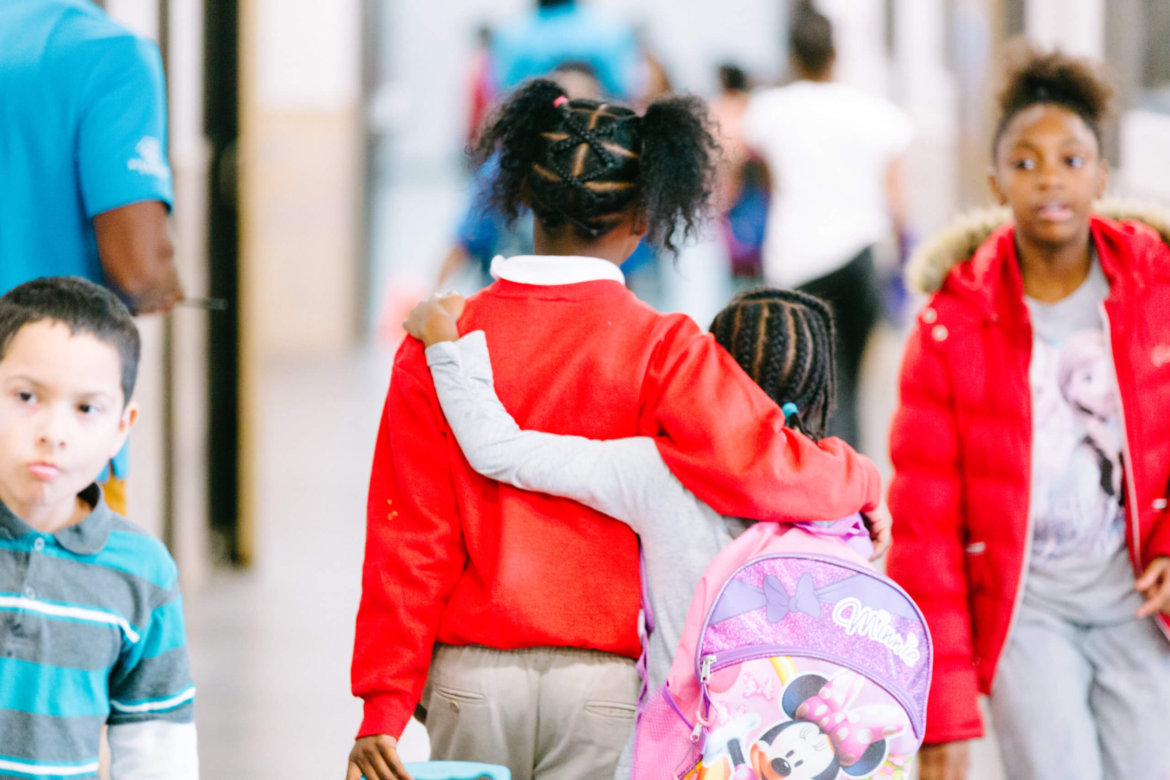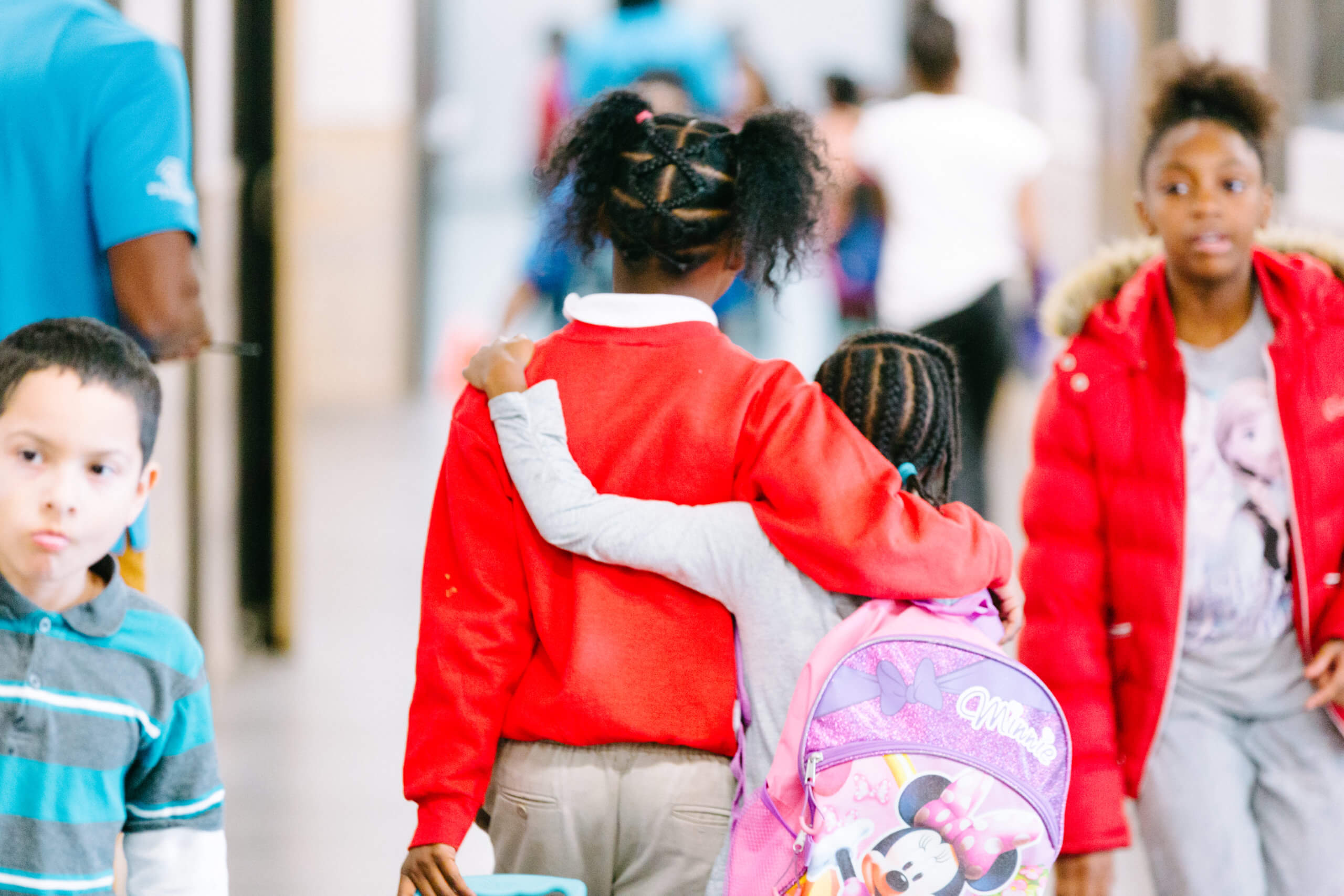

The murders of George Floyd and Ahmuad Arbery…and so many others before them…underscore the huge amount of work we have to do in our society. Boys & Girls Clubs of Metro Atlanta believes it is extremely imperative to speak up and take action against racism and inequality. These recurring acts of violence and the degradation of black lives have become all too familiar in our society. This has to stop. As our kids and teens grapple with strong feelings and big questions, they need us now more than ever.
To help you talk with the kids and teens in your life, our youth development professionals have provided the following:
- Process your own emotions. Label your own emotions and use self-care strategies – kids will look to you as role models for how to cope with their emotions.
- Listen to your child(ren). Allow them to speak freely about their feelings without interruptions or interjections. This creates trust for healthy dialog.
- Set up options and provide clear directions for managing overwhelming emotional responses. These options could include permission to leave the room or just having a period of silence for processing or support.
- Validate and de-escalate emotions when possible, but also realize that some children, especially those who have experienced complex trauma, often have difficulty identifying, expressing, and managing emotions.
- Check in with your child periodically throughout the day, to ensure that they are managing emotional experiences in a healthy manner and that they continue to feel safe.
- As a parent or caregiver, remember you don’t have all the answers. That’s okay. Learn to say “I don’t know” or invite others to share their own answers instead.
- Be authentic and respectful. It is natural to worry whether you are saying “the right thing.” However, respectful authenticity is often more important because the chief contributor to a psychologically safe environment/ home is learning to have honest conversations in healthy and constructive ways.
- Seek help if you still don’t feel comfortable with having the discussion with your child. Ask for help from another family member, friend, or professional to provide emotional support & guidance.
- Offer a variety of ways for your child(ren) to deal with their emotions in productive, constructive, and meaningful ways.Consider devoting time to physical activities, art, music, and/or quiet time following your discussions.
- Look for solutions. Kids and teens are action-oriented – ask, “What can we do to create positive change in our community?” and support them in starting a meaningful project or campaign
We encourage you to share these best practices with you loved ones, friends, and everyone you know. Together, as a community…as a nation…we can find a path forward where kids and teens have a voice in creating the positive change every person deserves.
Help Us Continue to Serve our Mission
As we reopen our Clubs, we are committed to serving our kids and families with safety top of mind. We’re working with kids and teens to process their emotions and heal from trauma, address challenges related to academic backslide and distance learning, and continue the path to reach their full potential. As trusted mentors for more than 80 years, we’re dedicated to showing our kids the power of their voice in serving as advocates for a better future.
We need your support – #NowMoreThanEver

